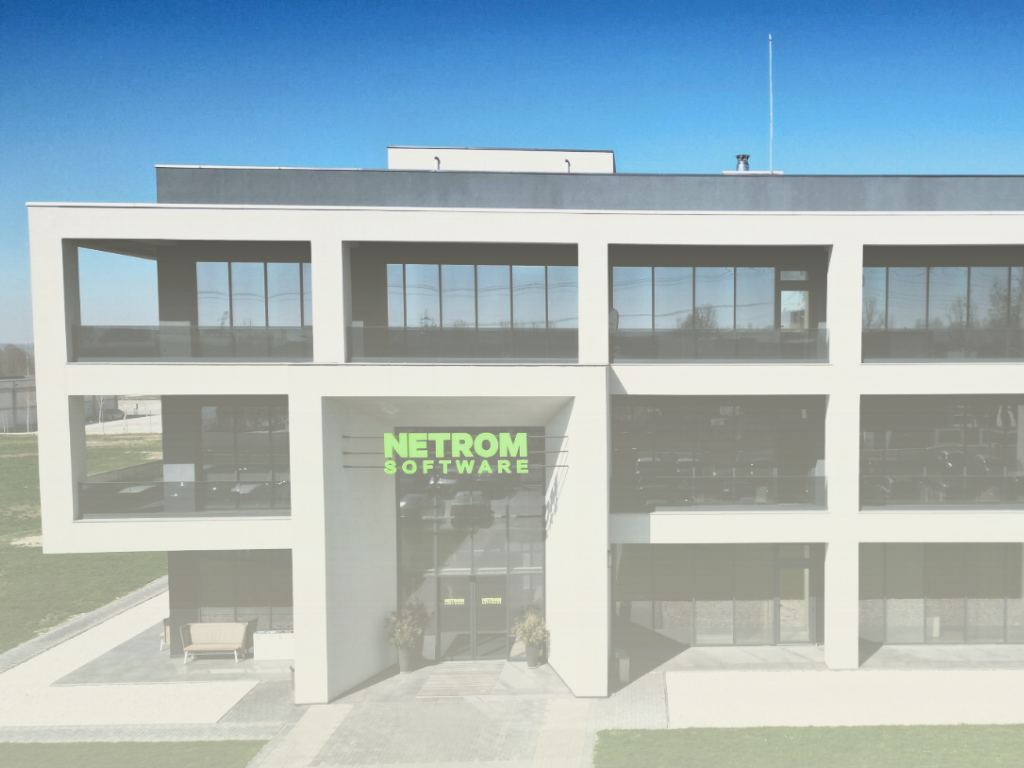
As I have often said, the United States is, in many respects, a trendsetter. Social and political developments often start there and are then adopted – after a delay of several years – across Western and Eastern Europe. In that sense, the current developments do not bode well. The U.S. government has effectively declared war on everything related to Diversity, Equity & Inclusion (DEI) and openly denies the existence of a climate crisis.
That goes far. Just last week, I read that the U.S. intends to impose sanctions on countries taking steps to make the maritime sector more sustainable by reducing emissions from ship engines. I find that remarkable. The heavy fuel oil used in this industry is essentially a residual product – an extremely dirty, tar-like substance that needs to be preheated due to its viscosity before it can even be used. What could possibly be wrong with making this process cleaner and more efficient?
Climate change is clearly visible. The broad scientific consensus is that it is, at least in part, the result of human activity. To me, it seems a matter of common sense to take care of one’s environment and that of others. Moreover, the widespread assumption that there is a fundamental conflict between sustainability and economic interests is, in most cases, simply not true.
An example: at NetRom, we are preparing for a second substantial investment in solar energy. We are covering 1,800 m² of the roof of the second new main building on our NetRom Campus entirely with panels. The largest consumer of electricity at NetRom is the cooling of our offices during the hot summer months. During that time, the sun shines most, and the panels generate exactly the electricity required for cooling. You might be surprised at how quickly this investment pays for itself.
That said;
Europe too is currently experiencing a noticeably less sustainable political climate. For instance, there is renewed debate over the decision to ban the sale of new combustion-engine vehicles from 2035 onward, and the entire European CSRD framework – which requires organizations to implement serious sustainability reporting – has been delayed by several years.
At NetRom, we have chosen to become CSRD compliant this year, even though the legal obligation has not yet taken effect. Personally, I believe we are currently in a temporary period of stagnation in government-led sustainability initiatives; a small dip in a broader trend that will inevitably and irreversibly continue. The ability and willingness to look beyond the next political crisis is something I see in many companies. It is difficult, after all, to rely on inconsistent or fluctuating government policy.
Recently, I read a particularly insightful article by Eva Selderbeek in the Financieel Dagblad, which argued that sustainability generates billions in value for Dutch businesses. One striking example is our client Kubo, a company active in greenhouse technology. They are developing a cultivation strategy that enables CO₂-negative greenhouses. It can be done!
Perhaps, then, following the current political winds from the U.S. is not the best course of action. Continuing to innovate and develop smart, data-driven solutions may be the more promising path. With common sense and careful calculation, we at NetRom hope to keep making the right decisions in this area as well.